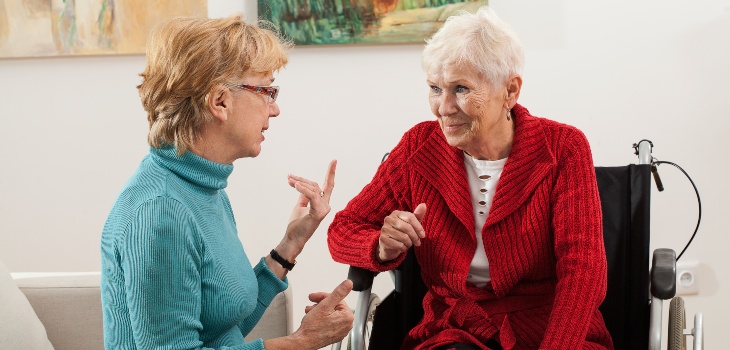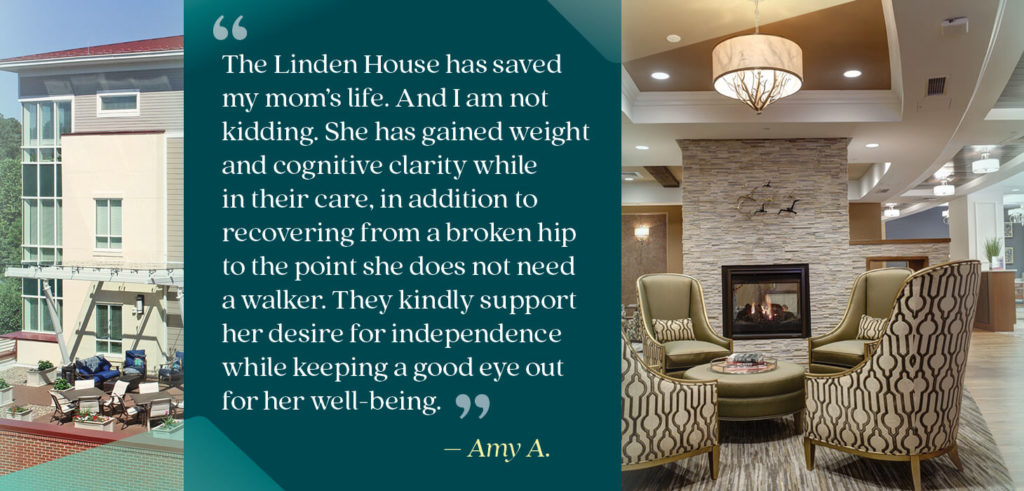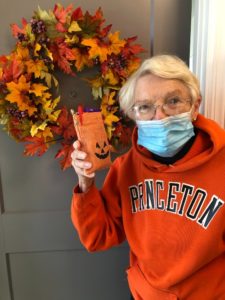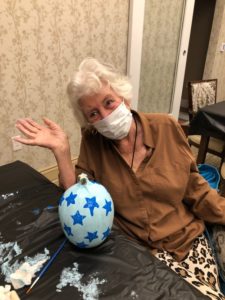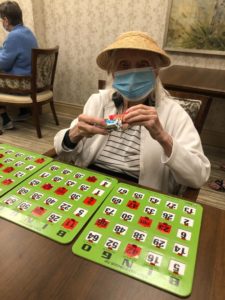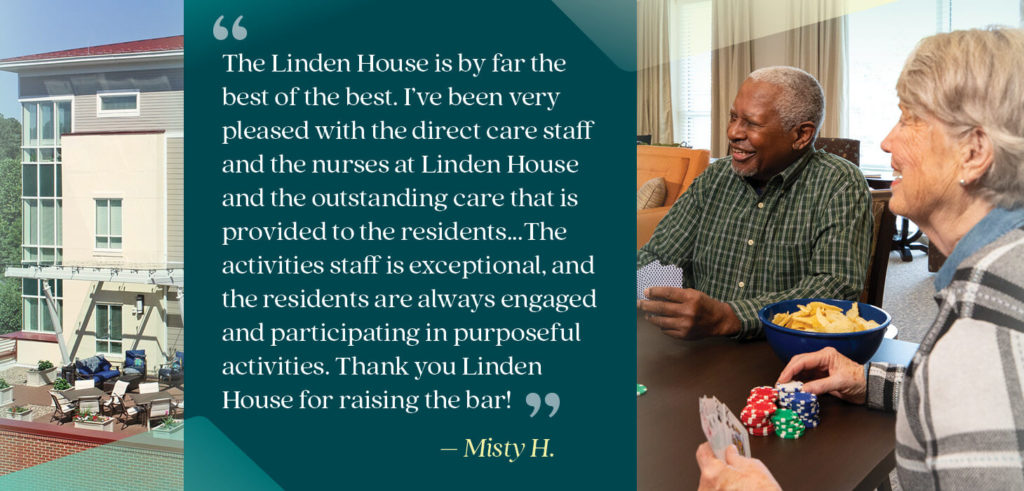Assisted living benefits seniors by making life safer, happier, and easier. With medical support, social connections, and help with the activities of daily living (ADLs), older adults living in assisted living communities often enjoy more independence than before. By offering assistance where needed, assisted living frees them up to focus on living life to the fullest!
Medical Support
Declining health, whether the worsening of a chronic condition or a sluggish recovery from an injury, poses a challenge to safely living independently. If your loved one struggles with managing medications, has minor accidents or worrisome “close calls”, or shows signs of dementia, more support may be necessary. Look for signs of increasing frailty such as difficulty getting out of a chair or increased bumps and bruises.
Designed with seniors in mind, an assisted living community can provide a safer living environment. Ramps, elevators, wide hallways and doorways, and wheelchair accessible bathrooms all contribute to easier mobility. By providing nursing care and regular aid, assisted living communities may speed recoveries and prevent injuries.
Self-care Assistance
The inability to manage activities of daily living such as bathing, dressing, and toileting is a sign that a senior requires assistance. Hygiene decline, such as body odor or unclean clothes, is common. Especially for women, changes in hairstyle and nailcare may be signs that grooming is slipping.
Your loved one may be resistant to assistance with bathing and toileting. In fact, seniors may try to hide signs of incontinence. If you suspect toileting challenges, check trashcans and laundry hampers for indications. Certainly, one of the primary benefits of assisted living is help with this sensitive issue.
Housekeeping and Home Maintenance
From snow shoveling to vacuuming, homes require a lot of upkeep. The long list of home chores can be overwhelming for seniors, especially as mobility declines. Be alert for neglected household tasks and differences in the level of home maintenance from years past. For example, perhaps your mom always kept the kitchen sparkling clean but now dishes pile up in the sink. Particularly in two-story homes, accessibility can play a major role in a senior’s ability to maintain a house.
Linden House offers comfortable assisted living apartments and beautifully appointed common spaces, all maintained by our friendly housekeeping staff.
Healthy, Delicious Meals
As we age, it becomes more difficult to shop for, prepare, and tidy up after meals, especially healthy ones portioned for one. Seniors often suffer from malnutrition and may be underweight. If your loved one has lost weight or appears disinterested in cooking, it might be time for assisted living.
Linden House Assisted Living serves three meals a day, with delicious menus customized to dietary preferences and medical needs. With restaurant-style dining, meals become an enjoyable social experience rather than a burdensome chore. To learn more about dining at Linden House and senior nutrition, read our What You Need to Know About Senior Nutrition blog.

On-site Amenities and Convenient Transportation
As vision and reflexes decline, driving becomes more difficult. If you’re unable to go for a ride with your loved one to tell if he or she is no longer able to drive safely, look for minor dents and scratches on the car or traffic tickets.
At Linden House Assisted Living, everything you need is on-site: hair and nail salons, a movie theater, outpatient physical therapy, and medical offices. If a resident wants to get out and about, our concierge shuttle is available to drive to and from destinations around Charlottesville.
Engaging Activities
Each day should be filled with meaningful, engaging activities. If your loved one has stopped showing interest in formerly favorite hobbies or is not getting enough exercise, it may be time to intervene.
To keep residents active, Linden House runs a diverse calendar of activities that includes fitness classes, knitting clubs, worship services, baking groups, bingo games, trivia events, and music performances. To learn more about these activities, read our Meaningful and Engaging Assisted Living Activities blog.
Opportunities to Socialize
Social connections are critical to wellness: loneliness and isolation can negatively impact both mental and physical health. As we age, sources of companionship can dwindle. If your loved one lives alone and doesn’t participate in social gatherings, assisted living can increase their social interactions. For example, assisted living offers opportunities to socialize with neighbors and team members in common spaces, planned activities, and outings around town.
Not to worry, moving to assisted living doesn’t mean leaving those most loyal companions behind: Linden House welcomes pets!
Caregiver Relief
Caregiving takes a toll, often requiring more than you can realistically give emotionally, mentally, and physically. As a senior’s dependence increases, so too do the caregiver’s stress and burden. This situation can lead to resentment between caregivers or the caregiver and loved one.
If you are a caregiver, look for signs that the load is unsustainable or you’re approaching burnout, especially as it impacts your ability to provide care. These signs can manifest as hyper-vigilance or, on the other end of the spectrum, an avoidance that ultimately jeopardizes the senior’s health. Ultimately, one of the most important benefits of assisted living is the improved well-being of both yourself and your loved one.
Linden House Assisted Living in Charlottesville provides personalized care with kindness and respect in a vibrant environment. Above all, we believe in helping our residents live life to the fullest. Learn more about life at Linden House and take a virtual tour of our community.
